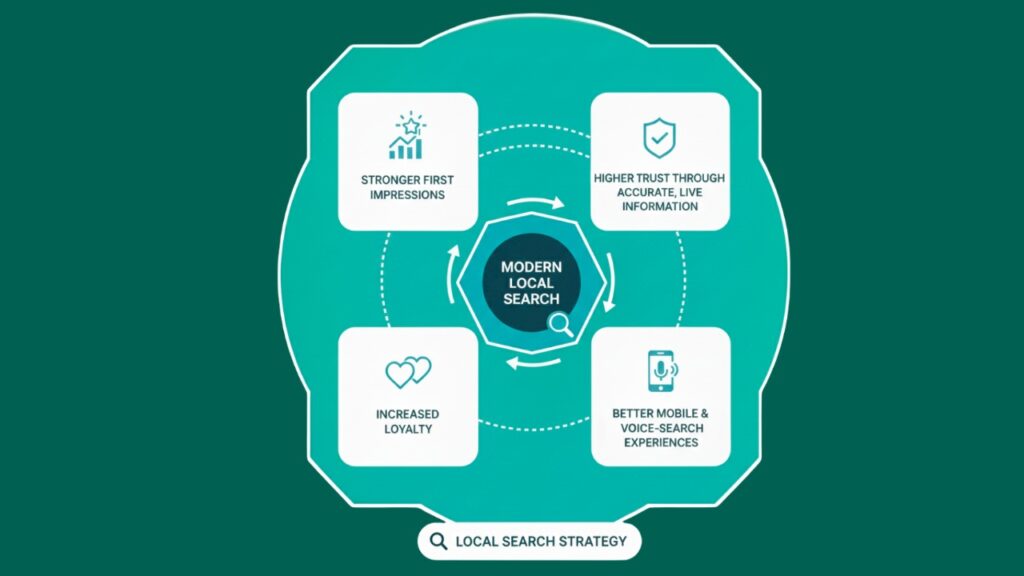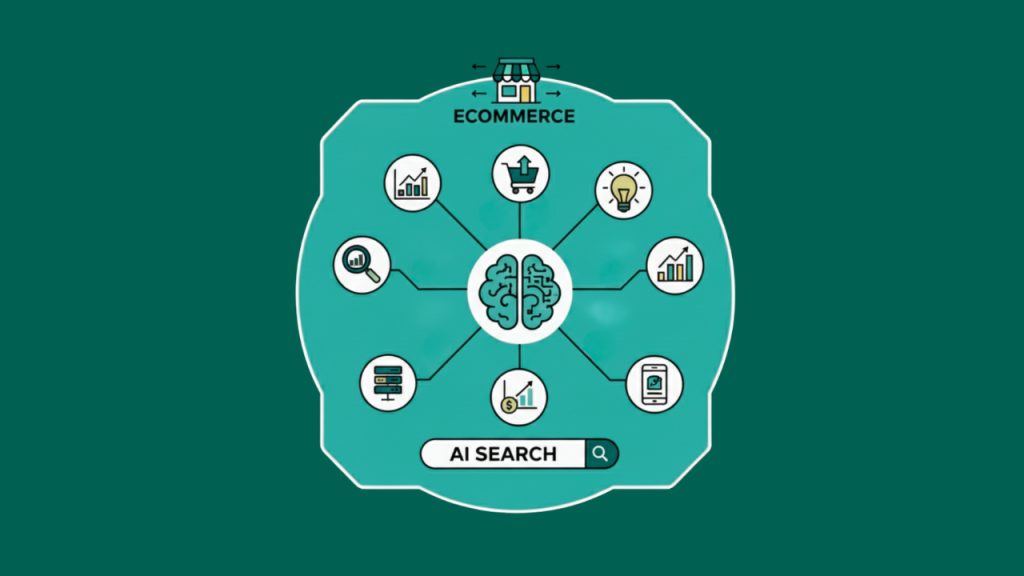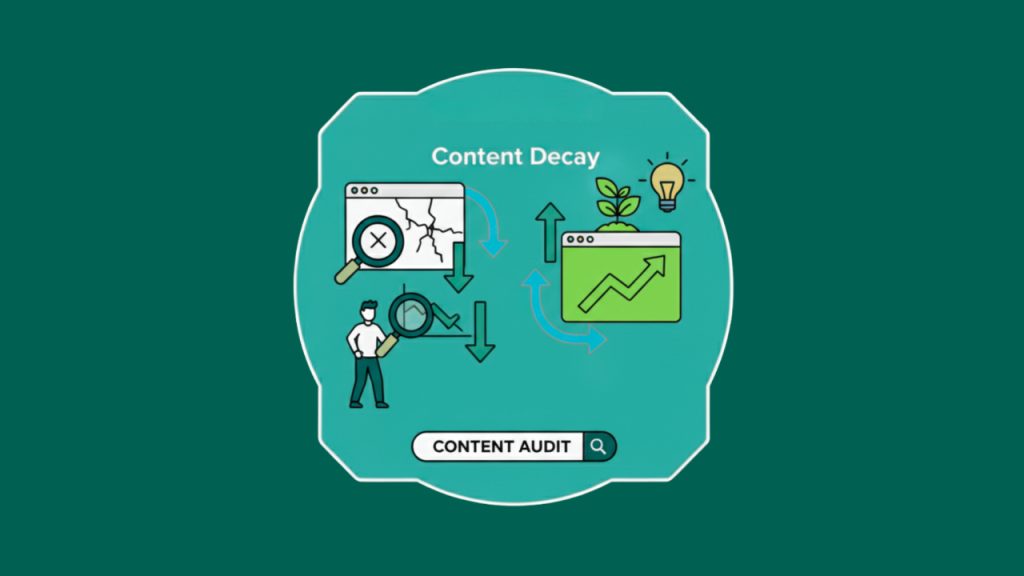Introduction
The online world is experiencing its biggest transformation since the arrival of Google. Welcoming Generative Engine Optimisation (GEO) is more than just another marketing hype term. It’s the next essential step from old-school SEO, written for a new world of AI-driven search. As Google’s Search Generative Experience (SGE) and ChatGPT integrations gain traction, users no longer receive just a list of links. Instead, they receive direct, conversational responses.
GEO is the strategic technique of maximising your content so that it will be the source for these AI-created answers. To progressive UK companies, GEO is no longer a choice; it is the means to gaining visibility within this new search landscape.
Table of Contents
Why GEO Matters in the New Search Landscape
For decades, the search was easy. You entered a query and received “10 blue links.” You aimed to reach the top of that list. This was the world of conventional SEO. That world is changing rapidly.
Generative AI search, such as Google SGE, gives short, summarised answers right on the results page. It reads and compiles information from various websites and generates one coherent answer. To the user, it is extremely effective. To enterprises, it poses a dramatic new threat. If your content isn’t selected by the AI to be included in that summary, click-through rates for your website can crash, even if you rank on page one.
Recent research discovered that users click on search results just 8% of the time when they have AI summaries compared to 15% without them. That’s almost a 50% drop in clicks. More surprisingly, just 1% of users click on sources mentioned within the AI summary itself. To add insult to injury, 26% of users completely close their search session after viewing an AI summary, versus 16% with regular search.
This transition from “list of links” to “conversational results” means the war for attention is therefore being fought on a new frontier. Ranking is no longer just a matter of visibility; it’s now a matter of being referenced as an authoritative source by the AI itself. GEO is the technique that secures your business as a first source of information, authority, and eventually, an essential driver of customer acquisition.
Key Factors That Influence GEO Success
GEO victory does more than involve keyword incorporation. AI-powered engines are different from Google’s initial algorithms. Rather than pursuing clicks, they strive to give the most contextually meaningful and reliable answers.
Content Depth and Contextual Relevance
Generative AI systems look for content that fully answers queries. Superficial content won’t suffice compared to traditional snippets. Comprehensive, rich, and high-context insights are significantly more likely to be captured in AI summaries.
For instance:
- A post that ventures into “long-tail keyword SEO for AI search” using data, examples, and use cases is more appealing to generative models than a brief list of tactics.
- Conversational tone, FAQs, and scenario-driven insights are more in line with the way AI organises its responses.
AI does not merely parse keywords. It looks for contextual authority, meaning content that answers the main question. It also values content that addresses the follow-up questions, which naturally arise.
Structured Data and Schema
Schemas give context to search engines. For generative engines, schema data makes the connection between individuals, goods, locations, and services clear. This enables the AI to insert your pages confidently into conversational results.
Schema types that are beneficial for GEO:
- The FAQ schema enhances your likelihood of being mentioned in conversational search.
- Review schema makes your brand more authentic for products or services.
- HowTo schema enables step-by-step guides to show up in AI-created answers.
A company that has structured data gets more prominence in both generative answers and search results.
Winning GEO Strategies for Marketers and Businesses
To succeed in this new world, companies require a sensible GEO playbook. The following are tactics aimed at gaining visibility in AI-driven search.
Targeting Conversational and Question-Based Search Queries
Generative engines are designed to answer natural, human queries. That means your content needs to be framed in terms of conversational questions: “What is GEO?”, “How does AI search impact SEO?”, or “Why is structured data so important for AI optimisation?”
Practically speaking, this involves writing FAQ pages, creating “how-to” tutorials, and ensuring that your blog articles reflect the wording of real user search questions. Long-tail keywords work exceptionally well in this context, since they fit the way people word their chat-type searches.
Building Authority Through Topic Clusters
Topical authority is central in GEO. Rather than stand-alone blogs, develop connected content clusters. To illustrate, a SaaS business could release a core guide to “Generative AI Search Optimisation,” with sub-articles to cover schema markup, conversational content, and E-E-A-T signals.
Internal linking solidifies these clusters, indicating to AI that your website is a source of authority on the subject. Long-term, this raises the chances of being drawn into AI-driven summaries.
Strengthening Context through Case Studies and Data
AI prefers content that merges theory with fact. Adding case studies, industry data, and fresh insights not only increases authority but also makes engines regard your content as valuable and provable. For mid-sized UK companies, incorporating localised data makes your content all the more compelling. Incorporating figures such as the UK take-up rates for generative AI makes it even more convincing.
Challenges and Risks in GEO
Whereas GEO presents possibilities, it also presents new threats.
- Lack of reporting tools: There’s no direct method to check if your content is being quoted in AI summaries, as compared to conventional SEO.
- Over-dependence on AI quotes: If AI engines offer responses without redirecting users to your website, your exposure can increase without a corresponding traffic surge.
- Content reproduced without reference: There is a fear that generative engines will summarise your content without referencing.
Companies need to complement GEO with conventional SEO so that they are not left overly dependent on an opaque and ever-changing system.
Preparing for the Future of SEO in the Age of GEO
GEO is not about giving up on SEO—it’s about transforming it. Classic strategies, like backlinks, meta tags, and keyword planning, are still important, but they need to be compounded with geo-principles.
The SEO future belongs to brands that:
- Ongoingly test their content against AI search queries.
- Invest in semantic markup and structured data.
- Quickly adapt as engines such as Google SGE hone algorithms.
- Have both authority-led content and obvious ROI for users.
Companies that begin now will gain an early mover advantage. Those who wait risk invisibility in the next generation of search.
At Midland Marketing, we assist businesses in adjusting to this AI-centric future with custom GEO strategies. Join with us to enhance your authority and secure exposure in the new search landscape.












